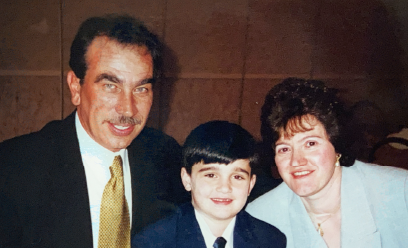Drug combination found to restore efficacy of leading treatment to kill cancer cells
New research has found why some cells do not respond to a widely used cancer drug, and what can be done to fix that.
The study, led by scientists at NYU Langone Health, has found that leukemia cells’ resistance to a widely prescribed drug, venetoclax, occurs because of a quick increase in the breakdown of key internal cell structures. These structures, called mitochondria, not only help power a cell’s function, but also tell cells to die under certain conditions. The process of programmed cell death often goes wrong in cancer, though. When this happens and the mitochondria are damaged, they sometimes destroy themselves, preventing them from sending the necessary death signals to their cells. The study showed that this missed communication helps leukemia cells evade the killing effects of venetoclax, a drug in a class of medications known as BH3 mimetics. The BH3 mimetic drugs are often used to treat people with acute myeloid leukemia (AML).
In addition, further research has also shown that another drug, chloroquine, which inhibits self-eating cells, restores the ability of venetoclax to work and kill the cancer cells.
This study, was recently published in Cancer Discovery online.
“Acute myeloid leukemia is notoriously difficult to treat, with fewer than a third of those affected living longer than five years after their diagnosis, so it is important to maximize the impact of existing therapies,” said co-lead investigator Xufeng Chen, PhD.
“Our preclinical findings suggest that combining BH3 mimetics like venetoclax with either MFN2 or general mitophagy inhibitors could possibly serve as a future therapy for acute myeloid leukemia, as current drug treatments are stalled due to drug resistance,” said study senior investigator Iannis Aifantis, PhD.
Read full article here.
Both Dr. Chen and Dr. Aifantis are Leukemia Research Foundation New Investigator Research Grant recipients. Dr. Chen received his research grant in 2022 and Dr. Aifantis received his grant in 2003. The New Investigator Research Grant Program supports early-career investigators of exceptional creativity who propose highly innovative research projects with the potential to impact broad, essential areas of leukemia research.



